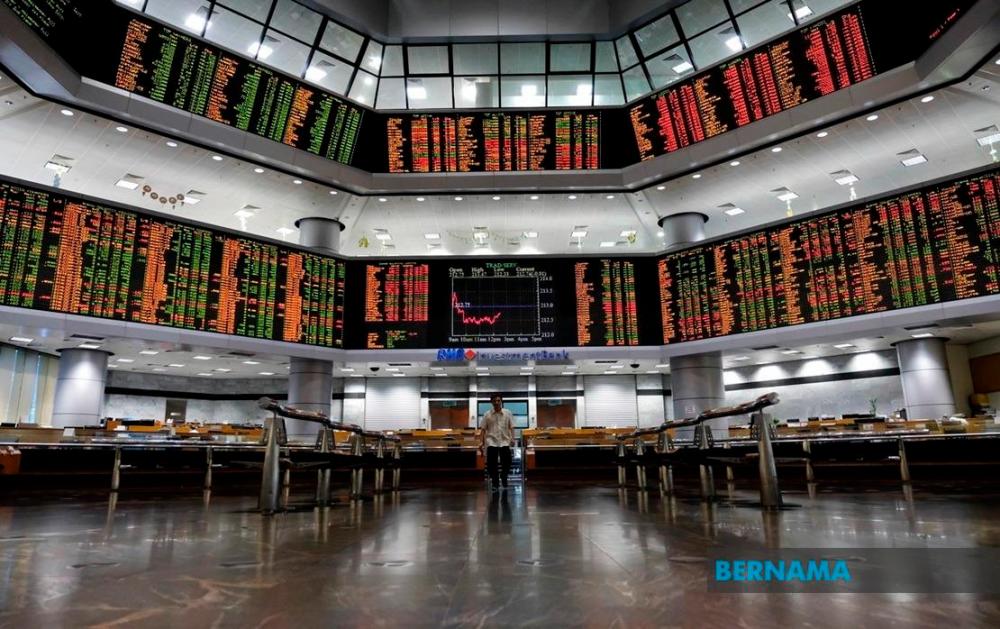PETALING JAYA: Rakuten Trade has revised its end-2021 target for the FBM KLCI to 1,700 points from 1,870 points, citing uncertainty over the spike in Covid-19 cases and the implementation of movement control order 3.0 (MCO 3.0) as the main factors for the downgrade.
“We expect FBM KLCI to possibly touch 1,700 based on 14 times 2021 price-to-earnings ratio (PER) supported by solid earnings growth as well as prevailing alluring market valuation,” head of research Kenny Yee told the media during Rakuten Trade’s Q2’21 Market Outlook Briefing today.
“Over the next two months we are not expecting any strong buying activities from funds as investors are expected to be uneasy over the lumpy earnings for this year and flat earnings for 2022.”
Today, Bursa Malaysia’s key index closed at 1,593.90 points, a 1.02% gain from its previous close.
Yee elaborated that valuation will be the determining factor for the index to close the gap from its current position. He highlighted that the KLCI has always been trading at a premium to its local peers but now the index is trading at a discount.
Compared with the regional market, the local index is roughly 30% down year to date (YTD).
“I have never seen the KLCI hovering at this market PER of 13 times, as what we are seeing at the moment, but there are still no takers for the local market.
“We are seeing lumpy corporate earnings at the moment amid the uneven recovery,” Yee said. This year should see a 58% growth in earnings while 2022 is expected to be flat at 1.2%.
Against this backdrop, the research house sees small-cap counters to emerge as saviours of the local bourse as they have registered a 4.3% gain YTD, while the performance of mid and big caps has been lukewarm, to say the least.
Yee expects the small-cap lead to be sustained in the short term on the back of prominent retail participation. However, he opined that the outperformance by the smaller counters will not persist beyond the near term, as the institutional investors slated to return in the fourth quarter would bode well for the larger counters.
The head of research has identified the banking sector as one of the bright spots in the local market as it has been the primary engine of growth on Bursa Malaysia.
Rakuten Trade also views the plantation sector as a winner, a recommendation it has made since the previous year. While the stocks have not seen much movement, he pointed out that earnings for the sector have been charting record highs.
Meanwhile, the foreign outflow from Bursa Malaysia – which intensified to a record high of RM24 billion in 2020 – has continued so far this year, as foreign shareholding hit a low of 11.75% in April, down from 14.40% in January 2020.
Yee suggested that the low participation of foreign funds in local equities might be due to their sensitivity to the political landscape as well as the higher returns on Wall Street.
On the subject of the US market, he said the world’s largest economy has been thriving on cheap funds and printing money, which could not go on forever.
“The Federal Reserve needs to address this and mop up all this liquidity in the system. Hence, interest rates will reverse to a higher level, and it will be interesting to see the performance of Wall Street over the next six months.”
On the ringgit, the research house projected that the currency will end the year at the 3.90-4.00 level against the US dollar, backed by the surge in crude oil prices. Apart from oil prices, a positive foreign fund flow into local equities could be a possible catalyst for the Malaysian unit’s performance against the greenback.









